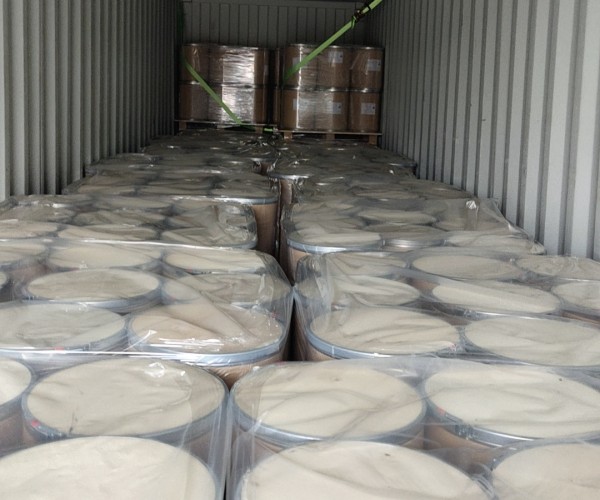
Microcrystalline Cellulose (MCC) is a refined, partially depolymerized cellulose derived from natural sources such as wood pulp or cotton. It is widely used as an excipient in pharmaceutical, food, and cosmetic formulations due to its excellent compressibility, binding properties, and inert nature. Healthmove is a Microcrystalline Cellulose Powder supplier and you can get the price here.
General Information |
|
| Product Name | Microcrystalline Cellulose (MCC) |
| HS Code | 39129000 |
| CAS Number | 9004-34-6 |
| Standard | CP、USP、BP、EP |
| Packing Specification | 20kg/ drum、20kg/ bag |
| Storage Condition | Room temperature, Sealed |
| Product Character | White or white powder or granular powder. It is almost insoluble in water, ethanol, ether, dilute sulfuric acid or 5% sodium hydroxide solution. |
Grades of L-HPC |
|
| PH-101 | Standard grade for general pharmaceutical applications. |
| PH-102 | Slightly larger particle size, offering better flow properties. |
| PH-200 | Higher bulk density and larger particle size, suitable for high-dose formulations. |
| PH-301/PH-302 | Lower moisture content for moisture-sensitive formulations. |
Physicochemical Property |
|
| Density | 1.3±0.1g/cm3 |
| Molecular Formula | C36H70O19 |
| Refractive Index | 1.532 |
| Boiling Point | 891.2±65.0℃ at760mmHg |
| Vapor Pressure | 0.0±0.6mmHg at 25℃ |
| Molecular Weight | 806.93 |
| Fusing Point | N/A |
| Flash Point | 492.8±34.3℃ |
| Particle Size | Varies depending on grade (fine powders to granules). |
| Moisture Content | Hygroscopic, typically ≤ 5% w/w. |
| pH Stability | Stable over a wide pH range (3–7.5). |
Comparison with Other Excipients |
|||
| Property | MCC | Lactose | Starch |
| Solubility | Insoluble, swells in water | Soluble in water | Swells, partially soluble |
| Compressibility | Excellent | Moderate | Poor |
| Disintegration Speed | Moderate | Slow | High |
| Flowability | Good | Moderate | Poor |

We not only supply existing conventional standard materials, but also work with many cooperative laboratories and co-built laboratories to provide ODM services. These laboratories focus on inspection work and actively develop new demand products, aiming to effectively adapt to the diversified needs of the market and provide customers with more comprehensive and forward-looking services and product support.
Our team has accumulated more than ten years of professional experience in material supply. The company has a number of cooperative and co-built factories to ensure product quality and stable supply. We can offer personalized supply chain solutions based on your specific needs, while achieving rapid delivery of purchased materials, effectively reducing your procurement costs and helping you improve your efficiency.

Copyright © 2023-2024. HealthMove All Rights Reserved.